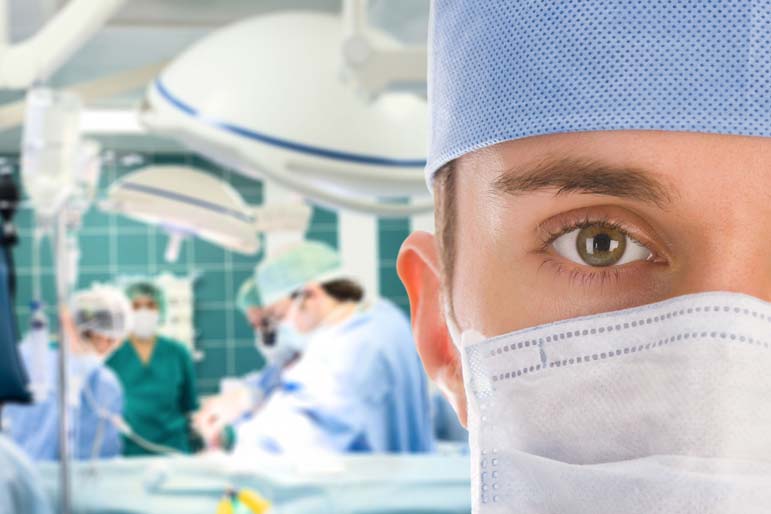
DEAR MAYO CLINIC: Both my parents have had cataract surgery. I'm wondering if cataracts are hereditary and if there's anything I can do to prevent them.
ANSWER: Most cataracts are not hereditary. They usually result from the natural aging of an eye's lens or, in some cases, they can be a complication of an underlying health condition. You can take several steps that may help prevent the formation of cataracts. Fortunately, if you develop cataracts, the surgery to remove them is safe and highly effective.
To form an image, your eye relies on the cornea and the lens to focus the light reflected from objects around you. The cornea is the clear, dome-shaped front surface of the eye. The lens is a clear structure within the eye. Both of these structures bend (refract) light entering your eye to focus the image on the retina, located on the inside back wall of your eye.
A cataract is a progressive clouding of the eye lens. Most cataracts develop slowly, so you may not notice vision problems right away or the problems may be minimal. Eventually, though, cataracts will begin to obscure your eyesight, making images blurry, clouded or dim.
Cataracts are quite common as people age -- when the eye's lens becomes less flexible, less transparent and thicker. These changes can cause tissue in the lens to break down and clump together, clouding the lens. If your parents were in their 60s or older when they developed cataracts, it's likely the cataracts simply resulted from aging.
Some medical conditions, such as diabetes, are associated with cataract development. Medications such as corticosteroids, particularly if used long term, may also increase the risk of developing cataracts. Rarely, cataracts may be present at birth (congenital).
Although there are no definitive methods for preventing cataracts, some research has suggested that consistently wearing sunglasses that protect your eyes from ultraviolet rays may decrease your risk of cataracts. If you smoke, quitting may also reduce your cataract risk.
For people who develop cataracts, treatment should be based on the severity of symptoms. Simply having a cataract does not automatically mean you need cataract surgery. You should only pursue surgical treatment for a cataract if you feel that the cataract is limiting your vision or your ability to perform normal activities, such as reading or driving at night. For most people, there's no rush to remove cataracts because cataracts usually don't harm the eye, and delaying the procedure doesn't diminish its effectiveness. Take time to consider the benefits and risks of cataract surgery with your doctor.
If you require cataract surgery, the procedure is relatively quick and the discomfort is usually minimal. Cataract surgery takes about 15 to 30 minutes and doesn't require hospitalization. The procedure involves making a small incision on the outside of the eye, removing the cloudy lens and replacing it with a clear, plastic lens implant. This artificial lens is very durable and, in most cases, never needs to be replaced. Cataract surgery effectively clears vision in about 95 percent of cases. But, following cataract surgery, you may still need vision correction with glasses or contact lenses for close-up work, distance or both.
For the best eye health, see your eye care professional regularly. Detecting cataracts and other eye problems early can often help ensure that you get the most effective treatment. Ask your doctor to help you determine an appropriate schedule for eye exams. -- Amir Khan, M.D., Ophthalmology, Mayo Clinic, Rochester, Minn.


 Contact The Editor
Contact The Editor
 Articles By This Author
Articles By This Author
